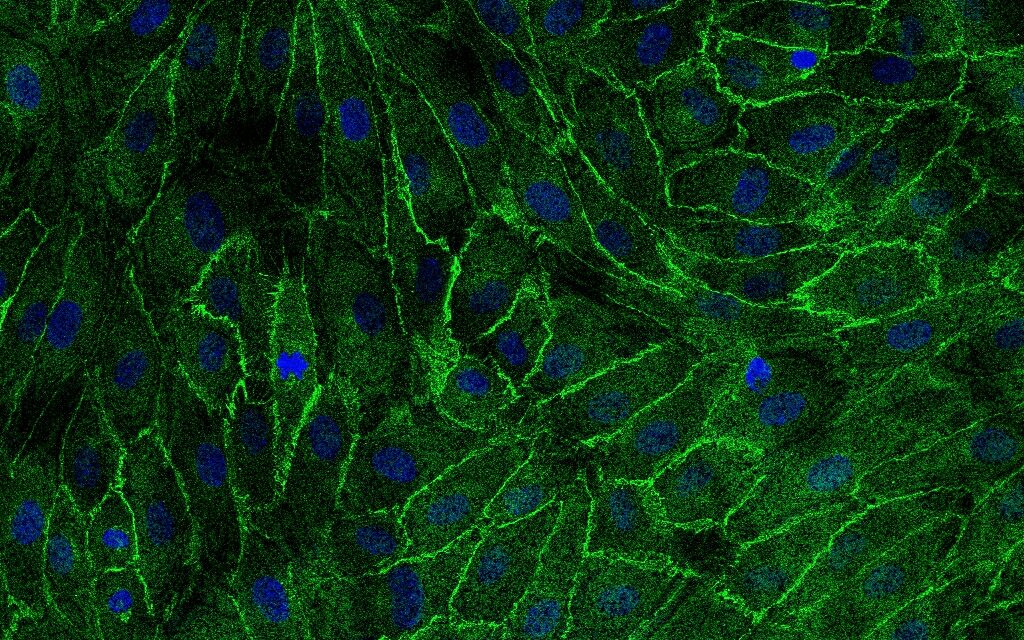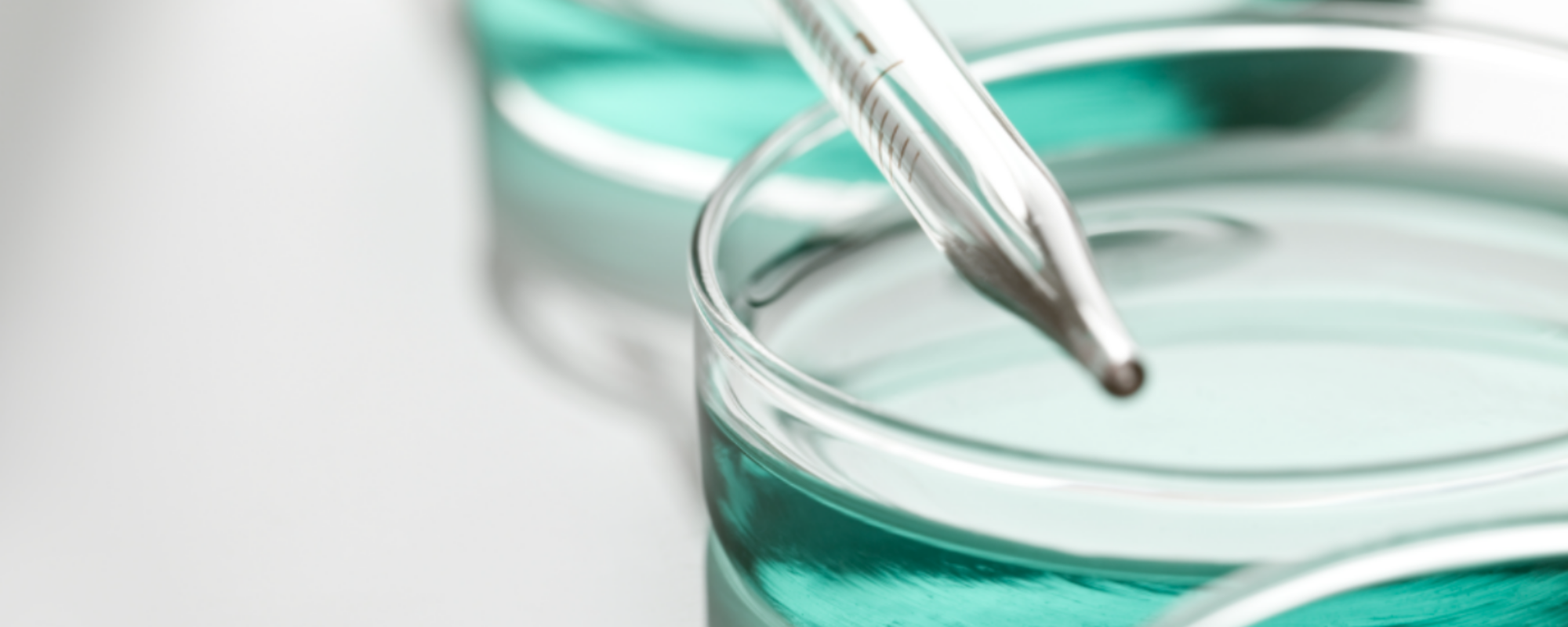Mission Statement:
The Biomedical Nanotechnology and Biomaterials Lab aims to improve human health through more accurate detection of disease severity, more effective therapeutic delivery, and improved understanding of the impact of nanoparticles on living systems.
Overview:
Our research focuses on several interrelated topics—biomaterials, molecular imaging, drug delivery, and nanotoxicity—in an effort to better diagnose and treat disease. Our recent projects are in the areas of nanoparticle-endothelial cell interactions, detection of inflammation, and novel strategies to combat biofilm infections.

Inflammation is a key component in many complex diseases and conditions such as atherosclerosis, bowel disease, some cancers, and infections. Current clinical efforts in detecting inflammation lack both temporal and spatial specificity as they typically rely on whole body biomarkers instead of directly imaging the inflammatory state of disease. Our research attempts to overcome this limitation by creating contrast agent nanoparticles detectable via magnetic resonance imaging that are activated only in the presence of oxidative stress, a key process in inflammation. The activatable agents will aid in identifying inflammatory disease states, thereby permitting more accurate disease diagnosis, staging, and treatment.
Separately, we are designing engineering solutions to the increasingly prevalent problem of bacterial biofilms, which are surface-associated bacterial communities that pose significant problems in medicine due to their resistance to killing. Recent evidence suggests that biofilms require the metabolite pyruvate for growth and maintenance of the biofilm structure. We have developed a nanoparticle capable of delivering an enzyme that breaks down pyruvate; when the particle is used in the treatment of in vitro and in vivo infections, it is 5-logs more effective than antibiotic alone. We are currently working on an enzyme-free biomaterial approaches to remove pyruvate as well. In addition, approaches using ablation and gold nanoparticles to kill bacterial as well as approaches using hyperthermia and iron oxide nanoparticles are also being researched in our lab.
